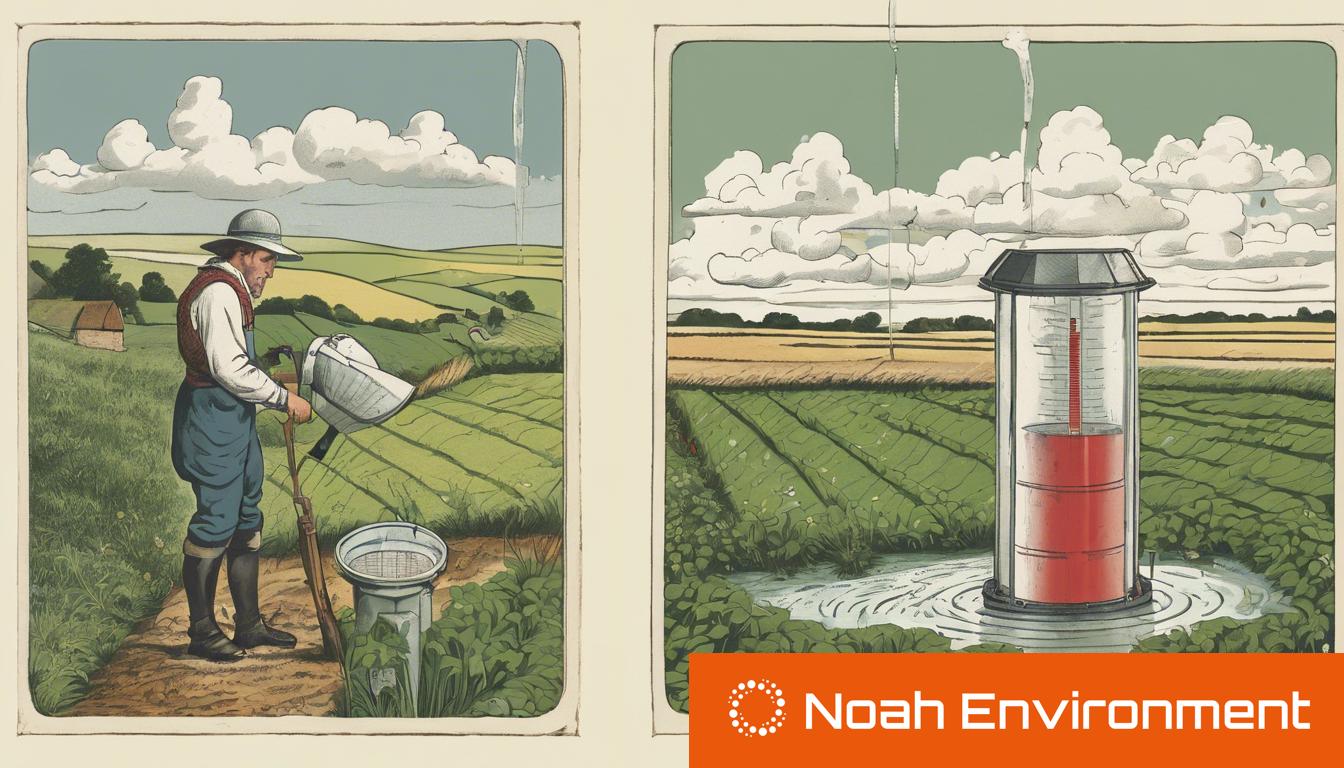England and Wales experienced their warmest and in some areas wettest February on record, posing challenges for British farmers amid concerns about climate change and unpredictable weather patterns.
In February, England and Wales experienced record-breaking warm and wet weather conditions, according to the Met Office. This period marked the warmest February on record for these regions, with southern England also observing its wettest February since records began in 1836. The United Kingdom as a whole experienced its fifth warmest winter, with an average temperature of 6.3°C. Especially notable were the conditions in East Anglia, which recorded its warmest and wettest February to date, with a mean temperature of 8.2°C and 106.4mm of rainfall. The Met Office’s senior scientist, Mike Kendon, attributed these unusually mild and wet conditions to Atlantic low-pressure systems, noting a trend towards warmer and wetter winters in the UK as the atmosphere becomes warmer and can hold more moisture.
The implications of these weather patterns extend beyond climate statistics, significantly impacting the agricultural sector. British farmers, particularly in regions like Suffolk, faced challenges due to the adverse weather conditions. Andrew Blenkiron, from Suffolk’s Euston Estate, and Glenn Buckingham, another farm manager in Suffolk, reported delays in planting and additional costs. For instance, the wet conditions forced some farmers to reseed winter wheat, incurring expenses amounting to thousands of pounds. Concerns were also raised about soil erosion and the potential for increased disease spread due to the warmer temperatures. These conditions underscore the broader concerns regarding climate change and its impact on traditional farming practices in the UK, highlighting the challenges of adapting to increasingly unpredictable weather patterns.













